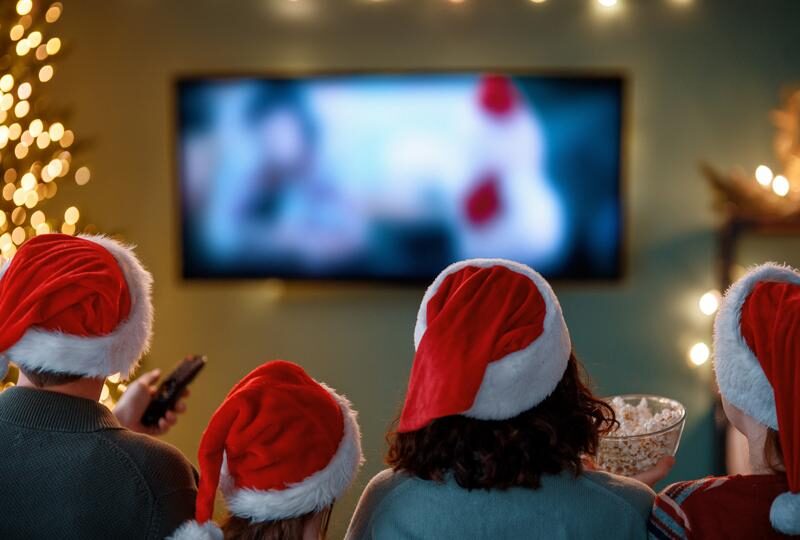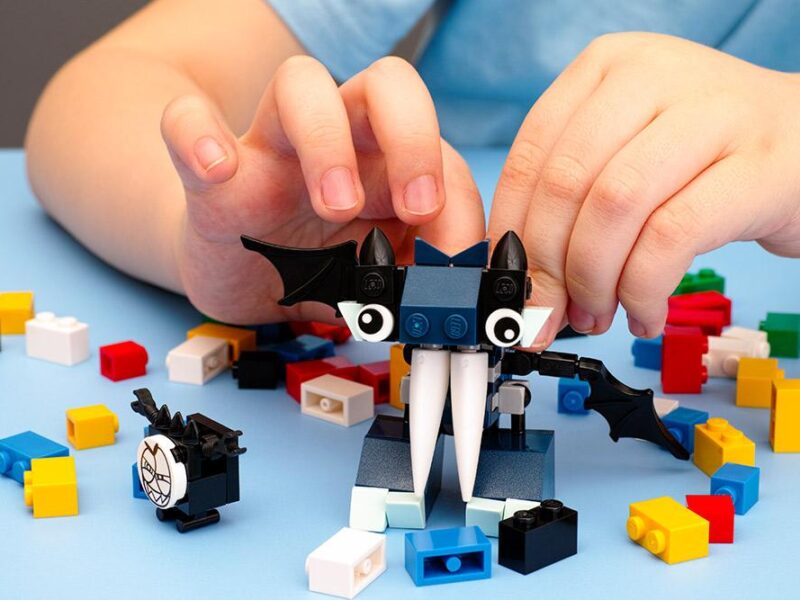Celebrating Remembrance Day
Remembrance Day is a hard one for me to talk about with my kids.
First of all, neither they nor I have any direct connection with war. It’s something we see on the news, but not something we’ve ever had to endure personally. My kids don’t really know anyone who fought in a war, and most of those I knew have now passed. We do have one family friend who served as a communications officer in Afghanistan, but a story or two about her far away office job is the closest that any of us have actually come to war.
So it’s difficult for us (as I suspect it is for many younger people) to celebrate Remembrance Day in the same way that previous generations did, because we don’t have the same personal and immediate connections to those who are being remembered. It’s not that we don’t understand what it represents to other people, but we also can’t manufacture the experience of those who actually endured the loss of friends and family in war. It’s a little bit like attending a funeral for someone you don’t really know. You can sympathize with those who are mourning, but there’s no way to really feel what they’re feeling.
I think this is why lots of people (even myself on occasion) have sometimes represented Remembrance Day to our kids as a more general memorial of the horrors of war and the fragility of peace. The material that we get home from school is usually in this vein. It doesn’t talk much about remembering the individual people who died in our nation’s wars. It focusses more on remembering that all war causes death and destruction, and so we’re fortunate that there were people who fought wars in the past so that we can have peace in our country today.
The trouble is that this kind of talk sounds pretty empty (even hypocritical) once kids get to an age when they realize that wars aren’t a thing of the past. They start to hear about people dying in conflicts around the world, fighting over everything from oil to power to religion, and then being thankful that we’re not usually affected by these conflicts starts to sound like a cop out. It feels like being thankful that firefighters long ago saved our house from being burned down, even while the rest of the neighbourhood is still in flames.
Which is why I understand (even if I don’t agree with) the people who have stopped celebrating Remembrance Day all together. They feel like they can’t in good conscience celebrate a peace memorial when the world is full of war, that they can’t justify a remembrance for those who have died when it doesn’t sufficiently recognize those who are still dying every day.
But the problem with this approach, I think, is that we do desperately need to remember the cost of war, whether fought to silence Indigenous peoples right here in Canada in 1885, whether fought to defend Europe from fascism in 1945, or whether fought amidst the multi-faction conflict currently going on in Syria.
We need to remember that lives were lost and are still being lost, that war always, then and now, means destruction and sickness and hunger and homelessness and death.
We need to remember that, even if war is sometimes necessary, it is never glorious, never just, never without unspeakable human cost.
So, I’ve started talking about Remembrance Day differently with my kids. I don’t tell them to celebrate it in order to remember the people who died in our country’s past wars, or in order to remember how horrible war is and how fragile peace can be, but I tell them not just to ignore it either. I tell them to use it as an opportunity to remember the cost of war, right now, today. I tell them to use it as a reminder of how much work still needs to be done, every day, in pursuit of peace. I tell them to use it as a time to reflect on how they too can be peacemakers within their own small spheres.
And when people ask why I don’t wear a poppy, that’s what I tell them too.





